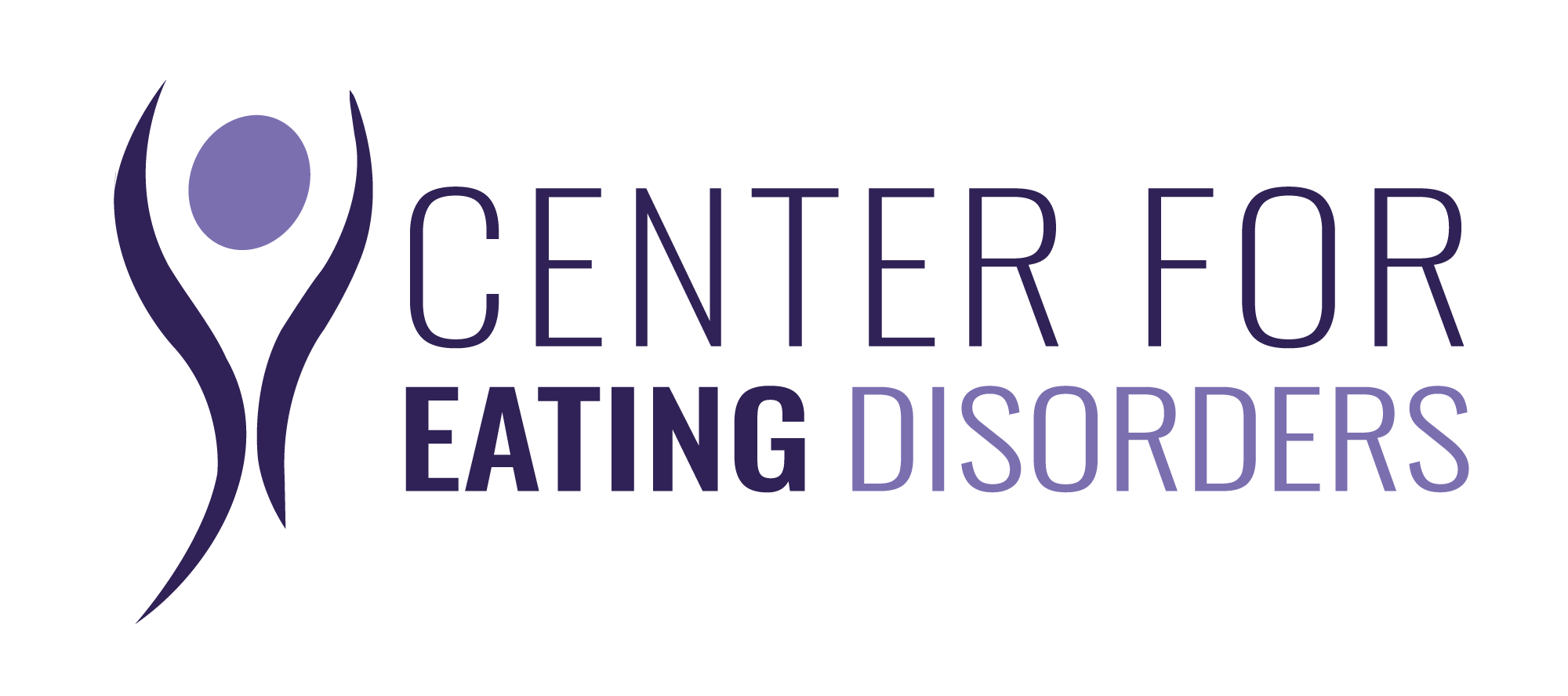Eating is often at the center of social interactions. However, a lesser-known but profound eating disorder often hides in the shadows: avoidant/restrictive food intake disorder, better known as ARFID. This eating disorder is fundamentally different from the perhaps more well-known forms such as anorexia nervosa and bulimia nervosa, as it is not characterized by a distorted body image or a fixation on body weight. Instead, ARFID leads to significant restriction of food intake, which can have serious health, psychological and social consequences.
The hidden suffering: Everyday life with ARFID
ARFID can begin at a young age and affects people of all ages. This form of eating disorder manifests itself through extreme selectivity in eating, fear of eating due to feared physical consequences and a general lack of interest in food. The challenges resulting from these restrictions are far-reaching and profound. Family meals often turn from moments of fellowship and joy into sources of stress and conflict, with the struggle for food and health taking center stage.
The social dimension: isolation due to ARFID
In addition to the obvious physical risks, ARFID also leads to significant social challenges. Difficulty participating in food-centered social activities can lead to isolation and feelings of loneliness. This is especially true for children and adolescents, for whom sharing meals and eating together at school are essential aspects of social interaction.
A team approach: interdisciplinary treatment of ARFID
The treatment of ARFID goes far beyond the boundaries of traditional forms of therapy and requires a coordinated effort from different disciplines. While cognitive behavioral therapy plays a central role in helping sufferers confront and manage their fear of food, it is only one piece of the puzzle. Nutritional counseling provides customized meal plans and helps to reintroduce foods into the sufferer’s diet to ensure they are getting all the nutrients they need.
Occupational therapy also provides practical strategies and exercises to help sufferers deal with the sensory aspects of eating. Medical support is also important to treat and monitor any physical consequences of restricted eating. This interdisciplinary approach enables holistic care that addresses both the physical and psychological needs of those affected.
The support of the family: the core of ARFID treatment
Families play a crucial role in the successful treatment of ARFID. Through family-based treatment approaches, family members become not only supporters, but also active participants in the treatment process. These approaches teach families how to create a positive and supportive eating environment and how to manage stress that may arise during mealtimes. Families learn how to encourage the person without overwhelming them, and how to recognize and celebrate progress. This joint effort not only promotes the person’s recovery, but also strengthens family bonds and improves communication within the family. Involving the family in the treatment process helps to avoid misunderstandings and ensures that all family members understand the challenges and goals of therapy.
Looking ahead: research and future developments
Research on ARFID continues to evolve, driven by the increasing awareness of this eating disorder. While earlier studies focused mainly on the identification and classification of ARFID, current research projects are focusing on the development of new treatments and the improvement of existing approaches. One promising area is the use of technologies such as virtual reality to create simulated environments for exposure therapies, where sufferers can safely try new foods and confront their fears in a controlled environment.
There are also a growing number of studies aimed at understanding the long-term effects of ARFID on physical and mental health. Future developments in genetics and neurobiology promise to provide deeper insights into the causes of ARFID and could lead to the development of targeted therapies. As research and practice go hand in hand, new hopes are opening up for people with ARFID, their families and caregivers, towards more effective treatment strategies and a better understanding of this complex disorder.
The treatment of ARFID
ARFID is a serious, complex disorder that requires a comprehensive, individualized treatment approach. Early detection and a deep understanding of the disorder are critical to helping sufferers develop a healthier relationship with food and improve their quality of life. By working closely with professionals, families, and sufferers themselves, we can take a significant step towards providing effective support and treatment for ARFID, paving the way to a more fulfilling life.

